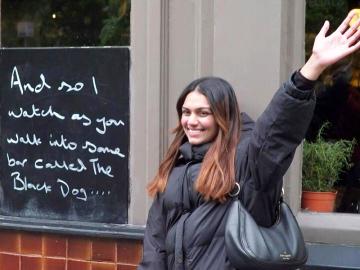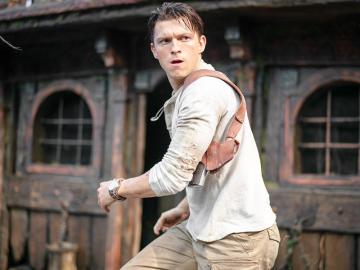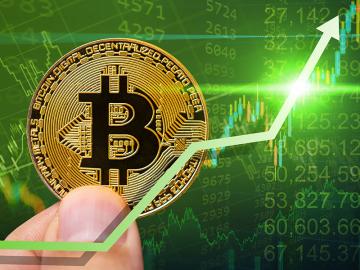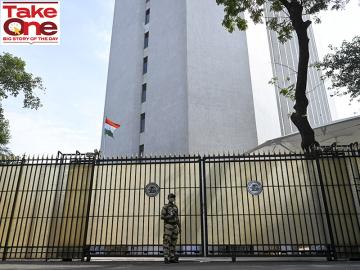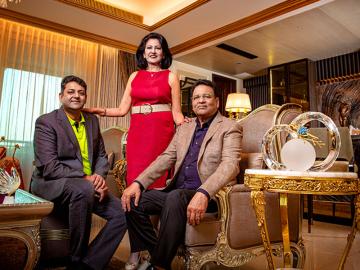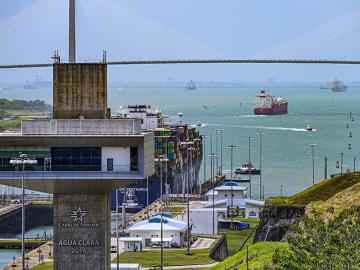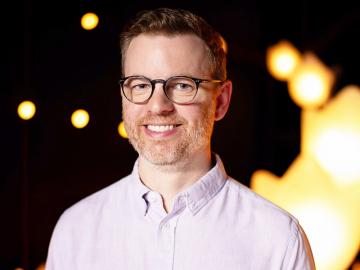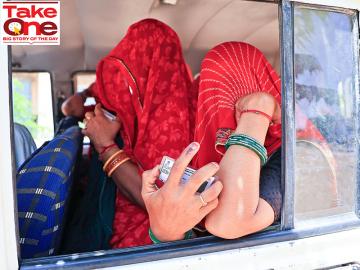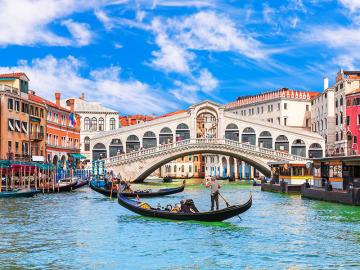
Ready to Take Flight
Graduating into a changed world with new challenges
The Class of 2009 is in a very rare moment, full of difficult challenges that few classes before them have faced.
For the first time, Indian students have a majority representation among the foreign students at HBS. Out of the 900 students who graduated, 38 are from India or are of Indian origin. According to HBS faculty, more and more of these students want to return to India to work. Add to this, 15 percent of HBS’ faculty is Indian, making them the highest international representation after the US. Today, many of these professors teach cases based on frontline Indian companies like TCS, ITC e-choupal and ICICI Bank. In addition, the School has long considered India as a fundamental part of its global strategy. A decade ago HBS began developing cases in India focused on India-based companies, and in 2005 established the India Research Center in Mumbai. HBS also holds an India conference annually and invites business leaders from India to share their perspectives. The 2009 India Conference at the Harvard Business School was titled “The Indian Growth Story: Sleeping Elephant or Roaring Tiger” and some of the featured panellists included Indian business leaders such as R.S. Sodhi (Amul), Sunand Sharma (Alstom), Alok Agarwal (eValueserve), Sanjay Gupta (Dainik Jagran), Vikram Sakhuja (GroupM), Anil Chawla (DE Shaw) and Biswaranjan Sen (Unilever), to name a few.
So yes, of the 886 candidates for Masters of Business Administration, for us here in India, it’s good to know what they’re thinking.
Today of course, at the 358th commencement ceremony at Harvard, I doubt little was being thought of except the relief of graduation. “This is the world’s most expensive piece of paper,” remarked one alumnus (he was referring to the $150,000 price tag for the Harvard MBA diploma). But if the pomp and show of this morning is anything to go by, it might be a price worth paying!
I’ll say one thing for this school: It knows how to make its students feel good about themselves. Over 30,000 people attended the festivities at Harvard Yard in Cambridge, in front of the school’s famed Widener Library, the entire area ablaze with the reds, blues, greens and golds of the varied flags of the University.
Did I mention that Harvard graduates together? All 10 graduate schools, the entire undergraduate class and the extension schools gather on the wide lawns underneath the elm trees, seated amongst (but separate from) their families and friends. We started queuing up at 6 am, armed with doughnuts and coffees to keep us going, till finally seats were acquired. At precisely 9 am the commencement procession began with the graduating class, the alumni and the faculty all emerging from different corners in lively confusion, descending like a flock of iridescent birds to find their seats in the Yard, as the Harvard University Band played familiar college songs.
Tradition is strong at Harvard. The morning as a result, was filled with historical touchstones, but also with a rousing flourish of jazz: Honorary degree recipient Wynton Marsalis, a trumpet master, opened the ceremony with a stirring rendition of “America the Beautiful” and capped the event with a toe-tapping version of “When the Saints Go Marching In”. Add to this an opening address delivered entirely in Latin (until 1896 all degrees were conferred in that language). Up on a massive stage, each dean of the various schools presents his candidates for degrees to the University President and governing Boards.
It was a pleasure to see Venkatesh Narayanamurti, Dean of the school of Engineering and Applied Sciences, confer degrees to his students in front of the entire University. At this time, the respective school or candidates are required to stand, wherever they are in the Yard, while the president pronounces their degrees to them. The Law school held up a massive sign that said, “No Layoffs”, when it came to their turn.
While there were many things of note in the morning’s proceedings, the one that stood out was the conferring of honorary degrees. Harvard likes to honour distinguished persons across various fields each year. This year their selection was astounding. US Energy Secretary Steven Chu (who delivered an address later at the Business school), filmmaker Pedro Almodovar, author Joan Didion, religious historian Wendy Dongier (she’s made Hinduism famous in the West), legal philosopher Ronald Dwarkin and political scientist Sidney Verba, to name a few.
And then finally, by about noon it was time to move to the individual diploma ceremonies. Cost cutting this year at Harvard was evident, with a lunch that was barely edible and ran short for most guests (Harvard lost $10 billion of its endowment, that’s 30 percent of the total, because of investing in faulty housing mortgage stock). A quick address by Jay Light, Dean of HBS, set the tone for the rest of the afternoon. “You will come out of this contraction. And there is nothing stopping you now.” His speech was peppered with references to the need for better leaders in the world and the familiar themes of integrity and trust that I have come to hear over and over the last few days on this campus.
Rakesh Khurana, Professor at HBS, wrote a book recently entitled ‘From Higher Aims to Hired Hands’, to mark the school’s centenary. In it he raises a fundamental question: What is the business school for? HBS was founded with the goal of turning management into a profession, complete with values that included a sense of service to society at large. Now, he argues, business schools increasingly teach narrow specialities, and have turned away from their broader sense of mission. He goes on to say that business schools should rediscover their historic purpose, as expressed in HBS’ stated mission to “educate leaders who make a difference in the world”. This year, Harvard Business School and the Class of 2009, is thinking the same.
It’s been an amazing week. Congratulations to the Class of 2009
Post Your Comment
Comments 1
-
 Mayank Mehra
Mayank MehraIts heartening to see Indian faculty present in such large number in a top university such as Harvard. While most Indian graduates are looking to return to India for better opportunities, one wonders if the professors of Indian origin have any such plans. It is perhaps an apt reflection of the times we live in when the corporates here have realised the true worth of talent but the government still does not recognise the true worth of scholars and intellectuals in its universities. One can only marvel at the commitment of professors in some of the top universities who despite all odds continue to deliver.
on Aug 9, 2009
